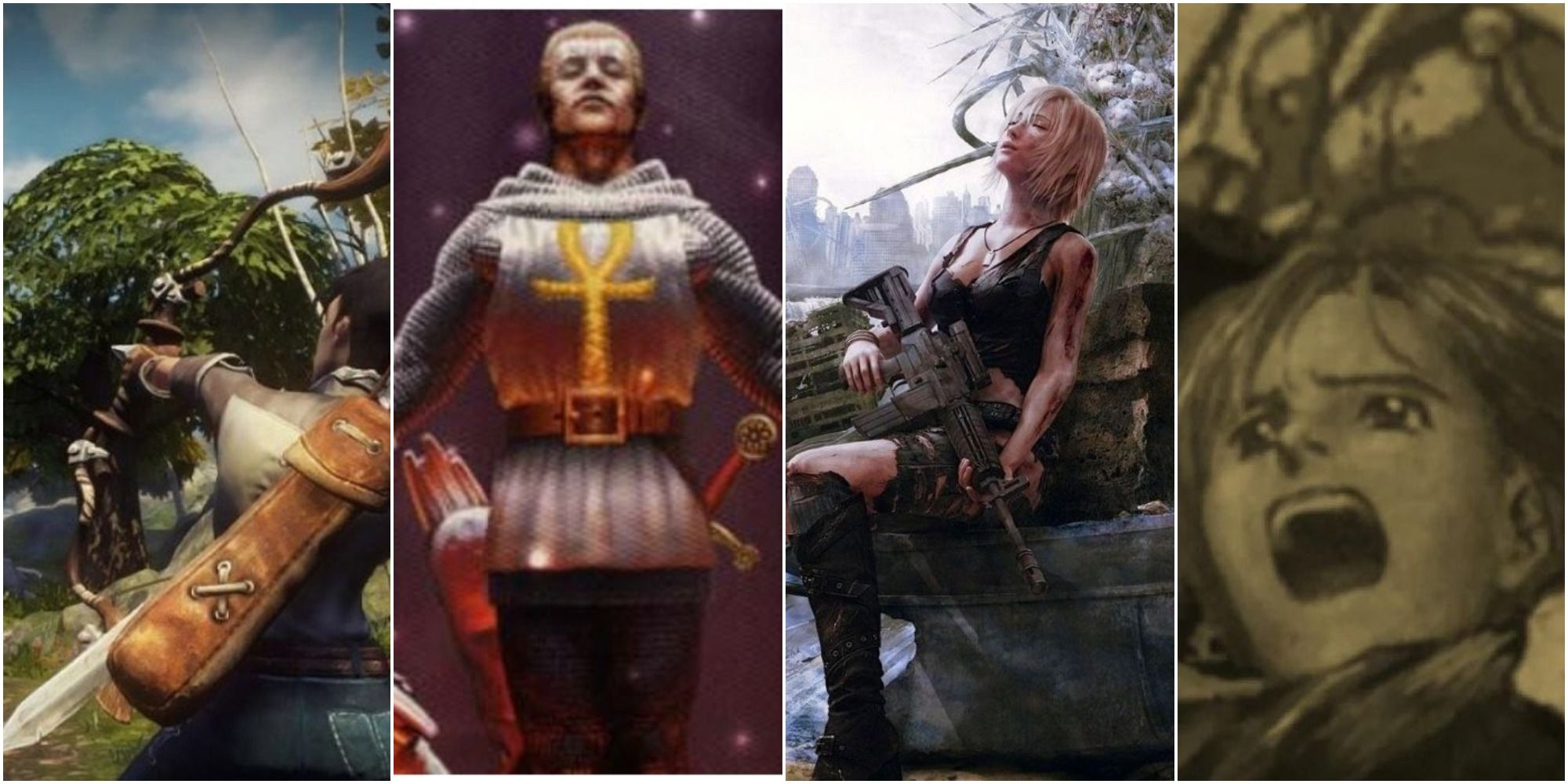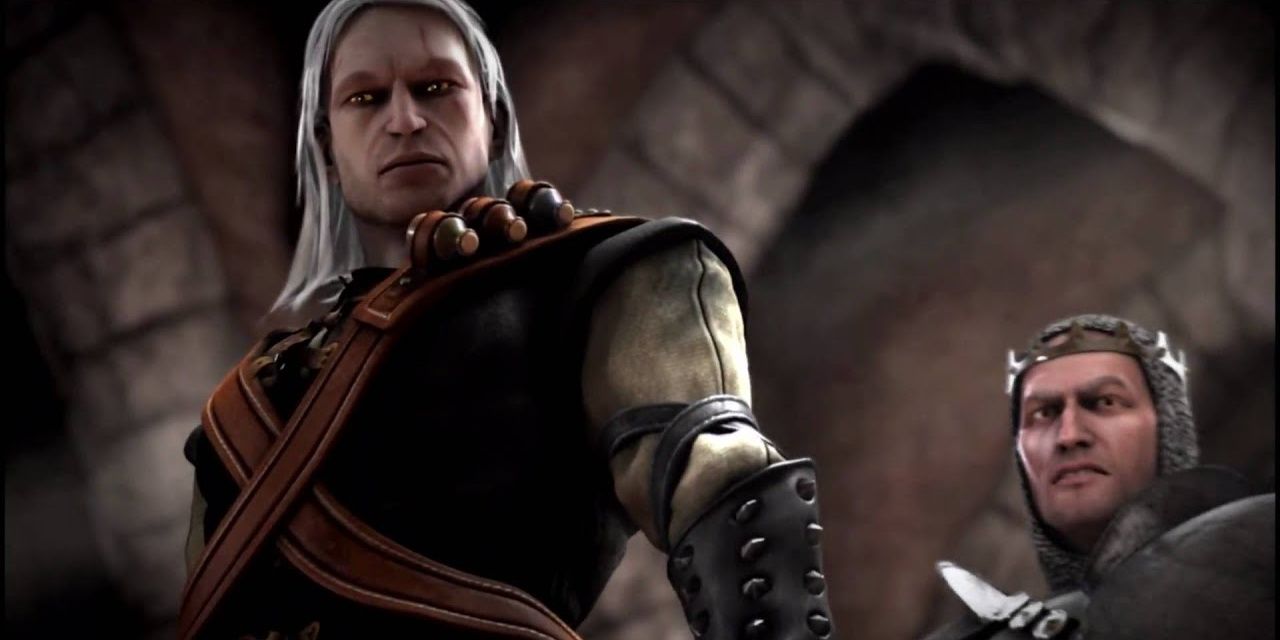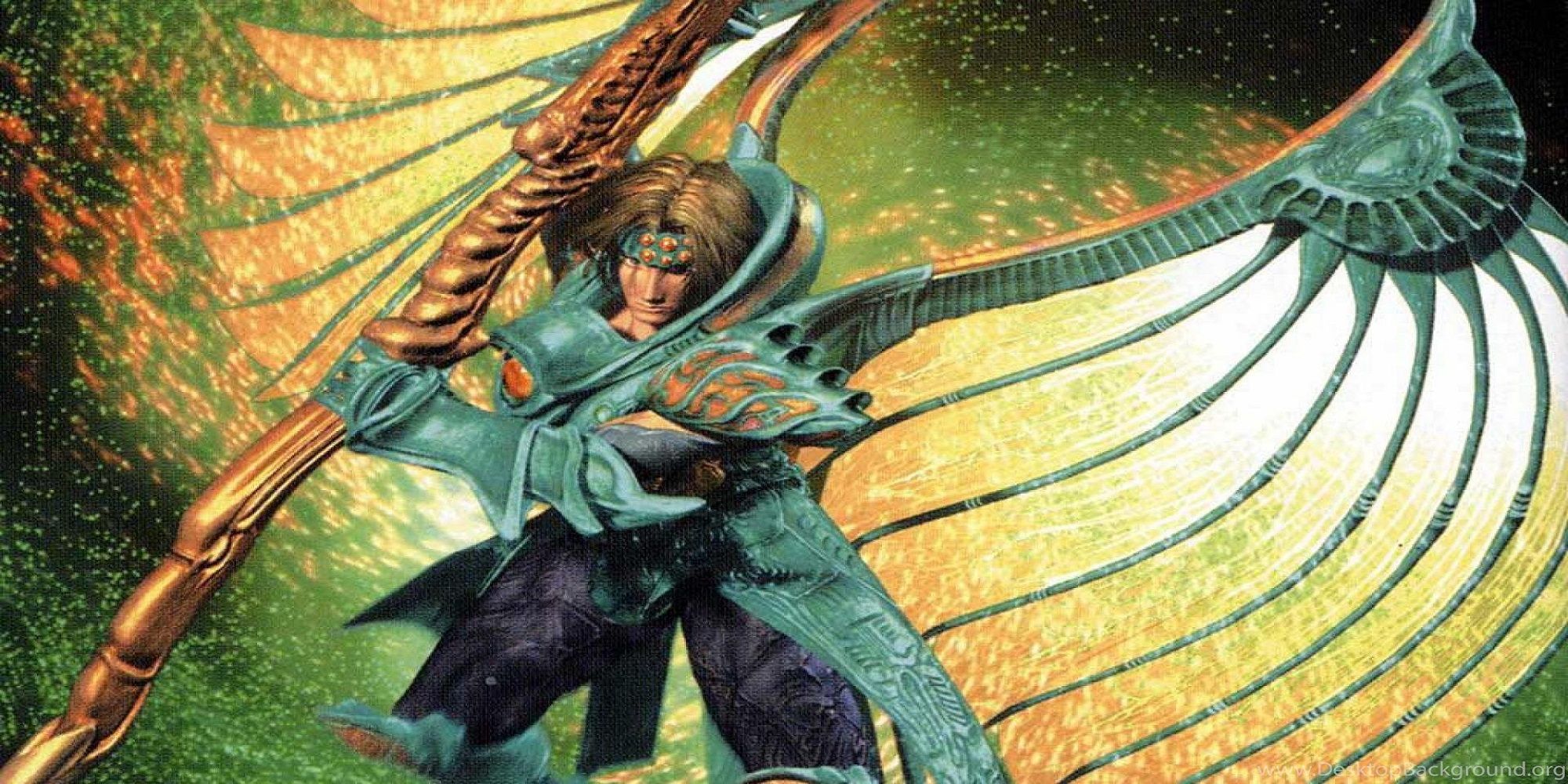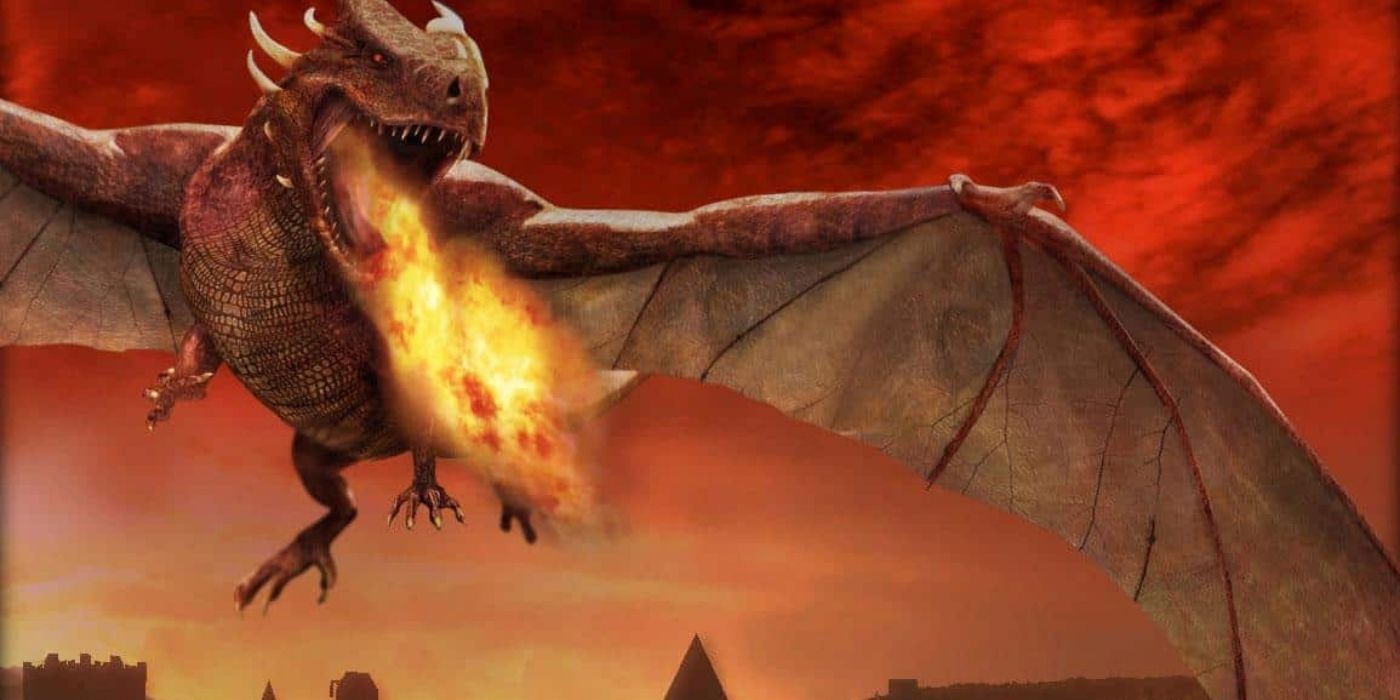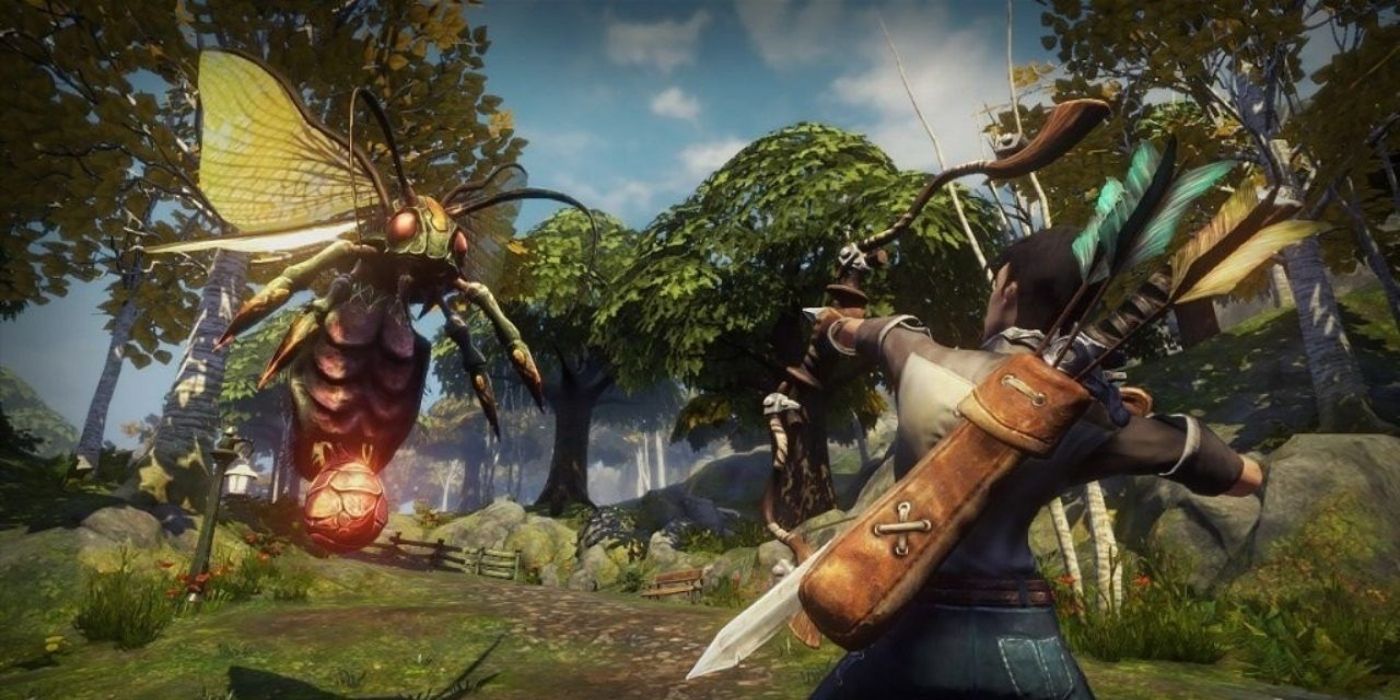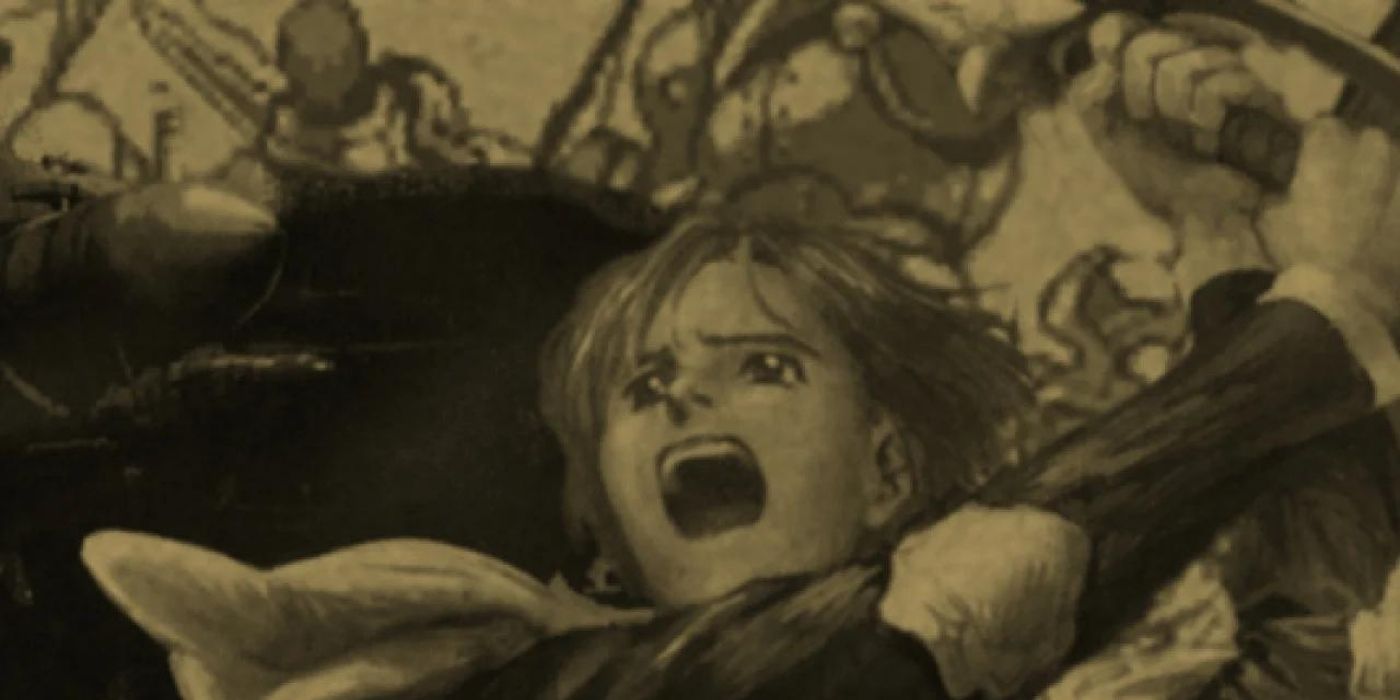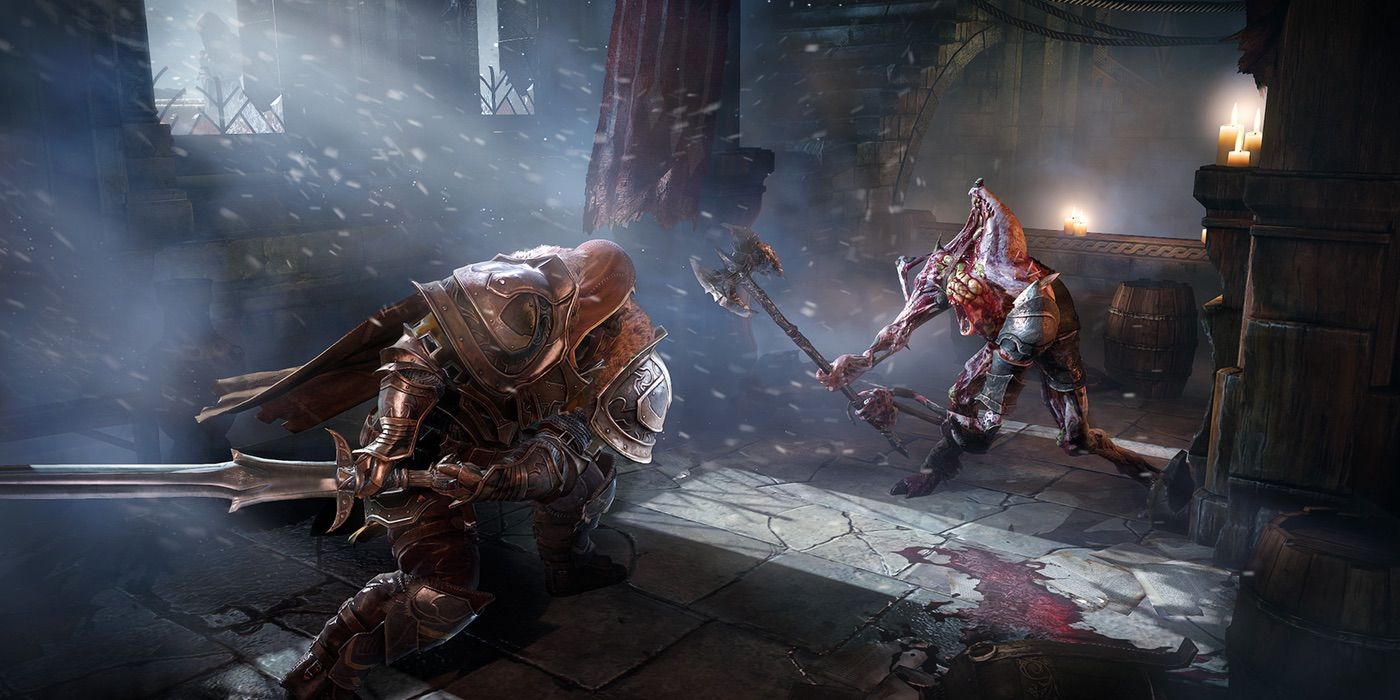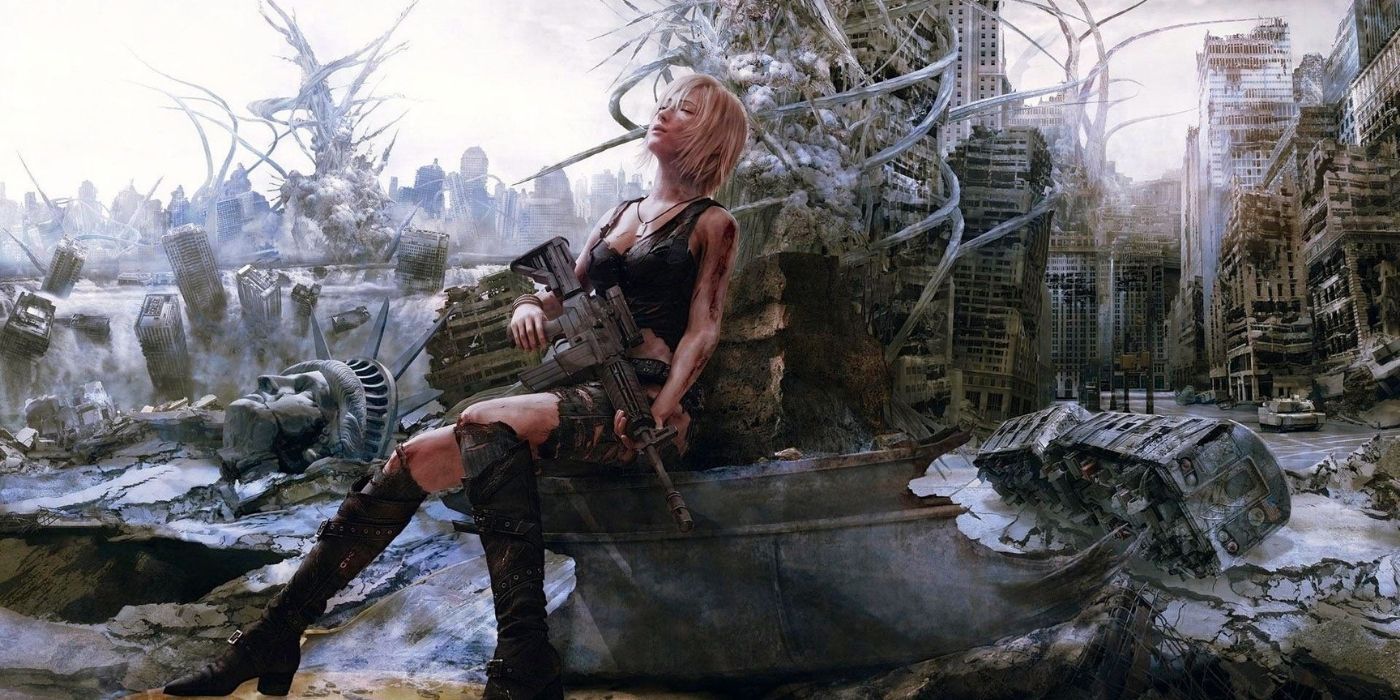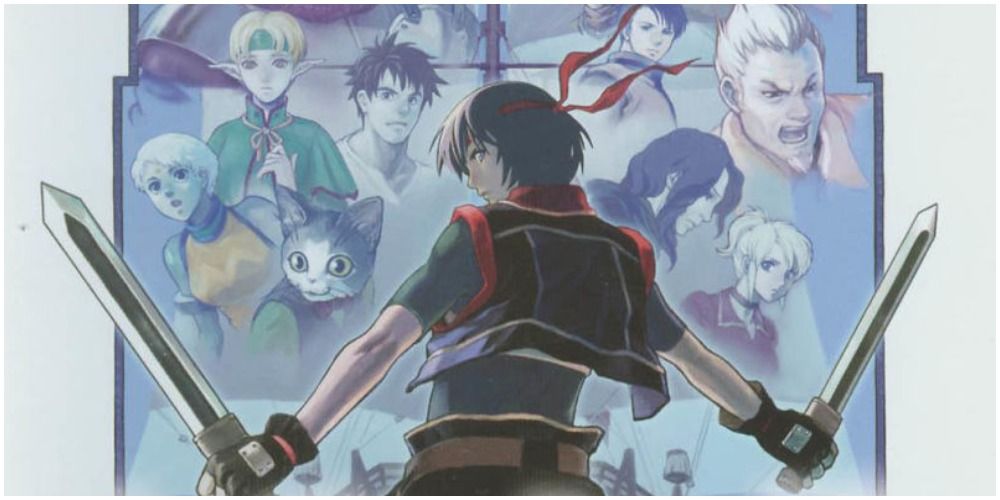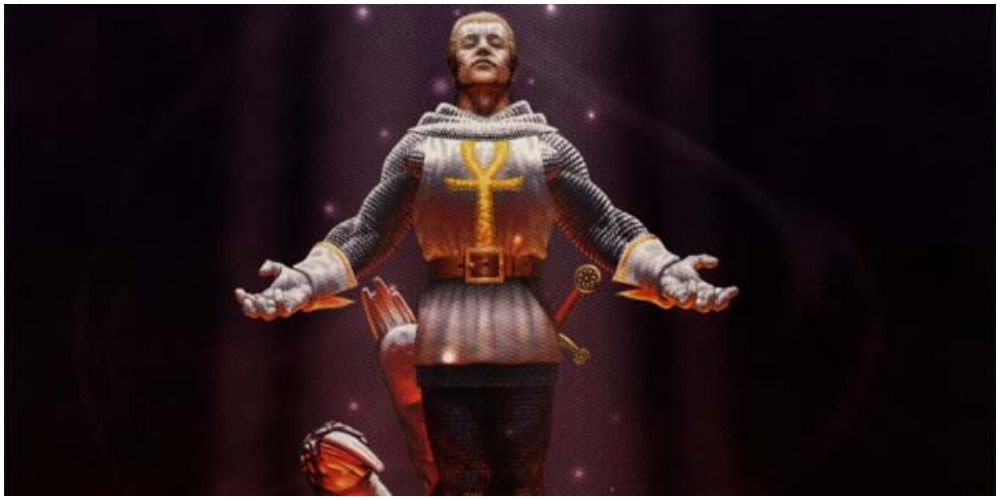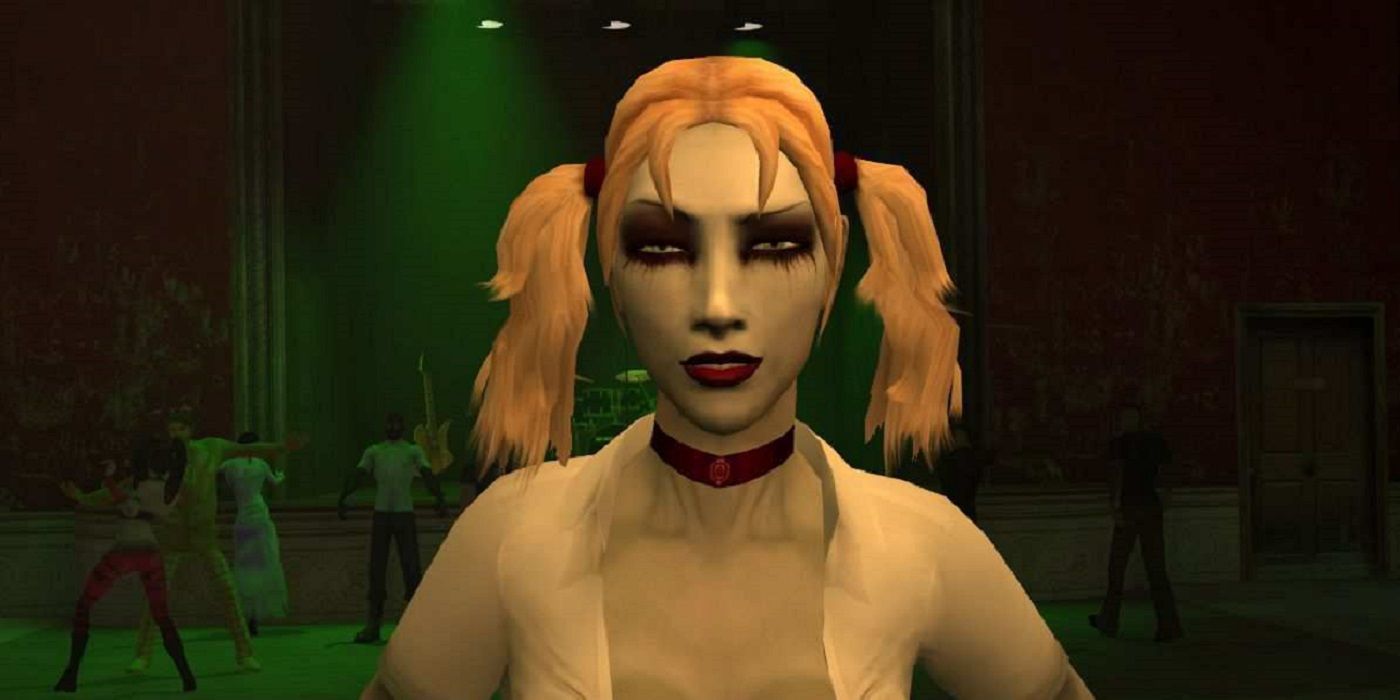There are a lot of RPGs out there, and not all of them are great. Good ones soar with their innovative gameplay and depth of storytelling, while the bad ones make parodies of these elements, or accidentally allow you to drive a car without your pants on.
Most RPGs fall in the middle of this quality spectrum, and while these average RPGs have their flaws, that doesn’t make them less worth playing. Though either buggy or unremarkable, these RPGs shine when it comes to their stories, especially in their explosive endings.
10 The Witcher
While no one would call The Witcher average when it was first released, looking back on the game now, it’s hard to ignore the flaws first game of the acclaimed series. Repetitive, boring combat; an item crafting system that was inordinately complicated; and a frankly childish view of women that had you collecting racy cards of your various conquests.
Despite all that, The Witcher’s story always shines through, especially at its ending. After a long campaign full of consequential decisions, you finally bring a kind of piece to Tameria, only to be there to foil another Witcher’s attempted assassination on the King Foltest. It perfectly sets up the next game, and draws you farther into the Witcher’s morally ambiguous world.
9 The Legend Of Dragoon
Released during the heyday of 1990’s JRPGs, The Legend or Dragoon had an innovative combat system and impressive graphical capabilities, but a fairly generic story populated by gods of destruction, dragons, and ancient artifacts that allow you to save the day.
This didn’t make the game's ending any less memorable, though. The destruction of the Moon that Never Sets, a confrontation with the god of destruction itself, and the sacrifice of several key characters, gave the game a satisfying conclusion appropriate to its epic scope.
8 Drakensang: Dark Eye
Based on the Dark Eye system of pen and paper RPGs, Drakensang plays like a more complicated version of Baldur’s Gate or Neverwinter Nights, which may or may not be a selling point. Unfortunately, despite this innovative system, the plot could have been ripped directly from any generic fantasy novel.
Luckily, Drakensang’s twist ending, where the big bad Ardakor has defeat ripped from the jaws of triumph by the Dragon Emperor Umbracor, is a satisfyingly glorious crown on this crunchy sword and sorcery story.
7 Fable: Anniversary
You could easily divide RPG history into two eras: pre-Fable, and post-Fable. Revolutionizing the way that your choices affect gameplay, Fable made it impossible to go back, turning the genre from one that just tells a story, to one that allows active participation. And though Fable didn’t have the things that Peter Molineux originally promised, the story’s ending rewarded your choices, allowing to tell the story in a way that you chose.
Unfortunately, Fable’s remaster didn’t have quite the same punch as its original. The path that it blazed had already been paved over and, despite graphical upgrades, seemed limited when compared with contemporary games. Lionhead Studios also released the game with more than a few bugs. However, the story’s ending is just as satisfying, enough to make the flawed reworking worth another playthrough.
6 Lufia: The Legend Returns
Though its predecessors had some really interesting ideas, including some of the first randomly generated dungeons, Lufia: The Legend Returns did little to improve on the series, and was bogged down by a confusing menu system. The sheer number of characters you could control was also a bit staggering and, while they all had well delineated personalities outside of combat, the choice of who to place in what position barely seemed to matter.
Despite all this, The Legend Returns ended on a satisfying cliffhanger. After defeating the final boss, the Sinistral Gades, you’re told that your grueling quest is only a precursor to greater battles to come. Gades, who defeated you and your party two times before, was the weakest of four Sinistrals you must defeat to save the world from destruction.
5 Lords Of The Fallen
Though a decent game in its own right, Lords of the Fallen could never really get out of Dark Souls’ shadow, reading like a slower, easier version of the game that inspired it. If you played it looking for well-designed bosses, you would be out of luck. Mostly, the game rotated between a few different enemy types, and didn’t offer nearly the same kind of challenge you’d expect from a Soulslike game.
Still, the story’s premise, where you play as a tatted up former prisoner who gets to choose the fate of the world, is pretty sweet. The game also ends with a gritty panache, which is as much Gears of War or God of War than Bloodborne, and is satisfying regardless of what you chose.
4 The 3rd Birthday
As the re-introduction to the world of Parasite Eve after ten years, 3rd Birthday left something to be desired. While it had a decent mashup of RPG and third person shooter elements, fickle controls, repetitive gameplay, and an oversexualized protagonist made the game a less than optimal entry into the series. It also may be why it was the last.
Kind of a shame, because 3rd Birthday’s ending is completely bonkers. Your character, Aya, is an amnesiac from the beginning, and the final 11 or so minutes of the game hit you with revelation after revelation, and ends with you destroying part of yourself in order reverse time and destroy the threat of evil. It’s an absolute rollercoaster, though most rollercoasters don't force you to realize you were the parasite all along.
3 Suikoden 4
To say that Suikoden 4 is the weakest game in the series is a bit like saying that you’re the weakest of power lifters - it’s still very strong, but it skips leg day and focuses too much on cardio. The battle system, so acclaimed in previous games, had been stripped down to its bare minimum, making battles boring - which is really saying something for a turn-based RPG. The game was also extremely short, and lacked distinct side-characters.
What characters the game does develop, though, are compelling, and the ending is everything that you want from a JRPG: giant explosions, a one-on-one duel with your nemesis who goes down with the ship, and a moment where you unlock your true power, saving everyone.
2 Ultima 9: Ascension
The once and future king of computer RPGs, the Ultima series ended like King Arthur did: on a sour note. While a solid role-play in its own right, the story didn’t completely jive with the rest of the series and lacked some of the key features of its predecessors. Even though it spent five years in development, the game also had an unfinished feel that left you trying to get your head around what they were doing the entire time.
As the end note of Richard Garriott's beloved series, though, the Avatar’s final ascension does live up to its name, as the character you’ve been following for the past eight games finally defeats his greatest foe, and is sent on their well-deserved rest.
1 Vampire: The Masquerade - Bloodlines
Despite the fandom, Vampire: The Masquerade - Bloodlines was a very unpolished game when it came out. Combat was clunky, glitches were everywhere, and there were entire sections of the game where your charismatic Ventrue would get stomped, no matter what you tried. Ming-Xiao has heard it a thousand times before, and isn’t listening.
Bloodline’s story, though, shines like a full moon on a graveyard at midnight. Not only does it allow you to explore a rich world full of political intrigue and goth nightclubs, it allows you to truly choose your ending. Do you choose to side with the Anarchs, and risk destabilizing vampire civilization? Or do you open the coffin of the Antediluvian, and claim its power for yourself? Regardless of what you choose, Bloodlines knows how to end on a high note, even if that note is covered in human blood.

